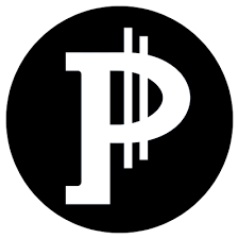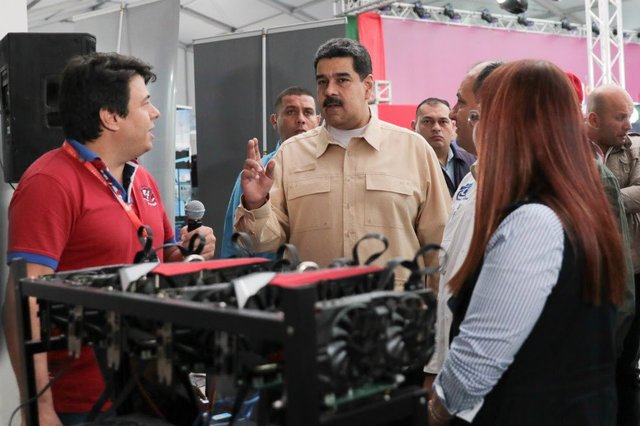
The president of Venezuela, Nicolás Maduro, announced the creation of "Petro", a virtual currency that will be backed by oil reserves, but experts doubt its success due to the distrust generated by the country's economic collapse.
When launching the initiative, on Sunday, Maduro said that the cryptocurrency will allow "moving towards new forms of financing" to face the sanctions of the United States.
These measures prohibit US citizens and companies from trading bonds from Venezuela and its oil company PDVSA, just when the president seeks to renegotiate the external debt of some 150,000 million dollars.

According to the government, sanctions have generated arrears in the payment of capital and interest on these securities and affect imports, on which the country with the largest crude reserves depends.
As a result of the deferred payments, a group of creditors and rating agencies declared Venezuela and PDVSA partially in default.
The Minister of Communication, Jorge Rodríguez, said that the "Petro" will lead to the "exchange" of money and goods "without any financial institution."
Each Venezuelan cryptocurrency would be worth a barrel of oil
The petroleum, the cryptocurrency to be launched by the Government of Venezuela, will have a quotation equivalent to that of a barrel of oil, President Nicolás Maduro announced Wednesday, without giving details on launch dates or mechanisms to access the virtual currency.
The Venezuelan crude oil basket closed last week at 56.57 dollars per barrel, according to the Ministry of Petroleum. The average price in 2017 reached 46.45 dollars, after an average of 35.15 dollars the previous year.
On December 3, Maduro announced the creation of the petro, a virtual currency that, he assures, will be sustained by the oil wealth of the country with the largest reserves in the world.
The president announced that he will support the cryptocurrency with one of the active fields in the Orinoco oil belt, a territory of 55,000 square kilometers rich in crude oil.
"I am going to formalize the delivery of the number one field of the Ayacucho block (...) to be the material basis of support for the petromoneda," said Maduro, who said that these wells have 5,000 million barrels "internationally certified".

When launching the initiative, the president assured that the cryptocurrency will allow "advance to new forms of financing" before the financial sanctions that the United States imposed against Venezuela. Washington banned its citizens and companies from negotiating debt issued by the Maduro government and the state oil company PDVSA.
"The petro is not a cryptocurrency, it is a simple debt title, with an 'underlying asset': oil," economist Luis Oliveros told Twitter on Wednesday after Maduro's announcements.
Other experts consider that the petro will face problems to generate confidence due to the distortions of the country, with a huge fiscal expenditure and inflation that the International Monetary Fund projects in more than 2,300 percent by 2018. The bolivar has devalued more than 96 percent in a year on the black market.
"The bolivar is also backed by oil reserves and has no strength," said Henkel García, director of the Econometric consultancy.
AFP
Caracas

[dnl725] thanks! have a nice day!
Downvoting a post can decrease pending rewards and make it less visible. Common reasons:
Submit